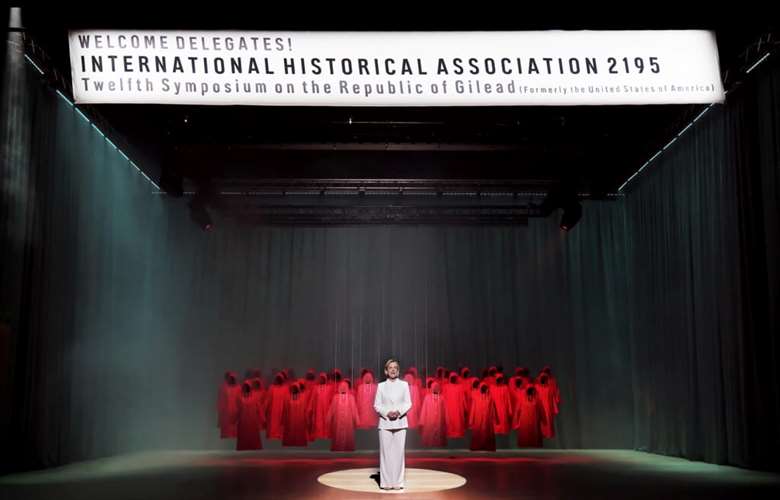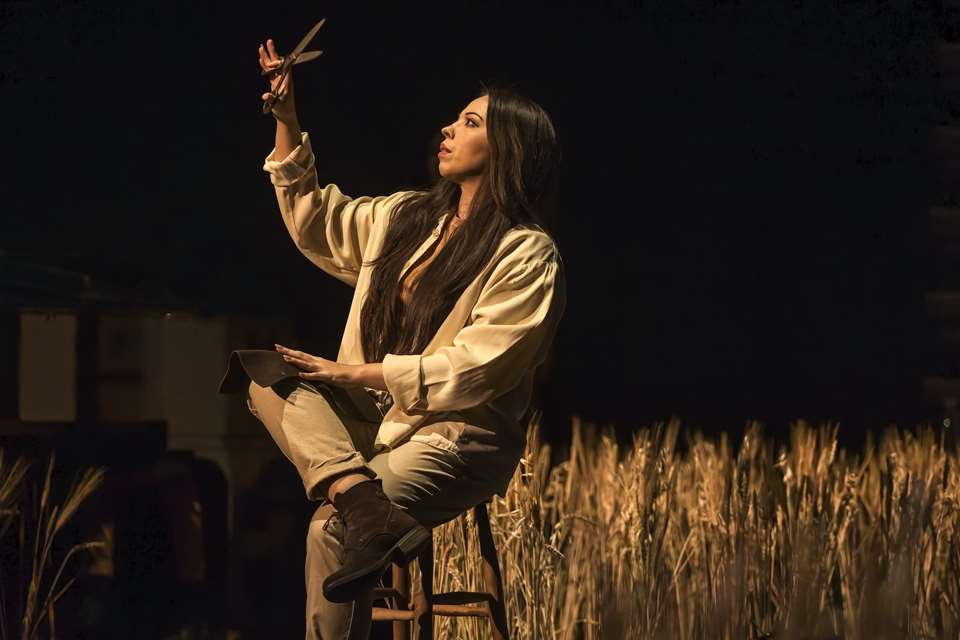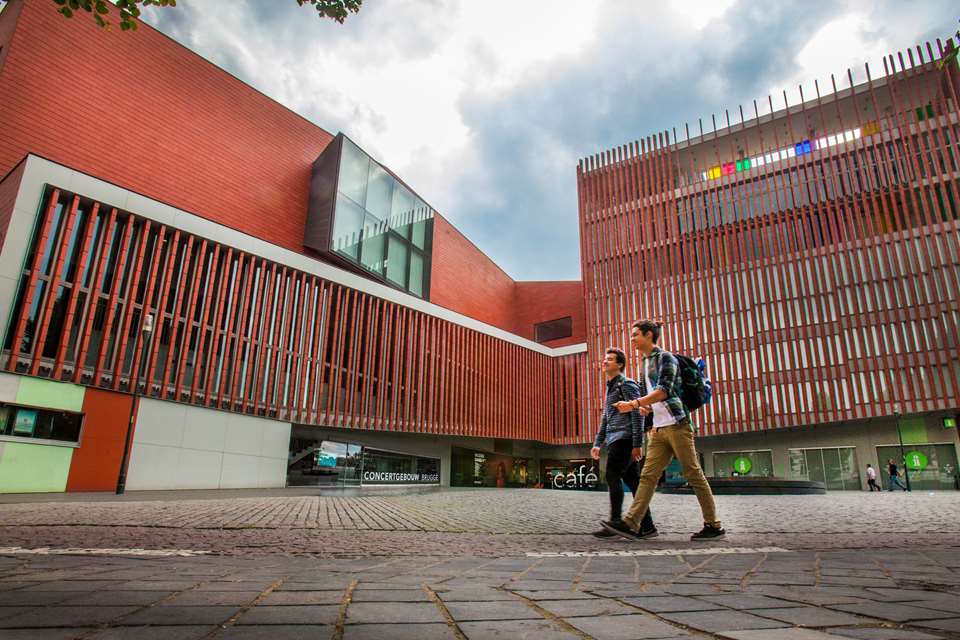Artist Managers: Analysis paralysis
Andrew Green
Thursday, April 4, 2024
Andrew Green reflects on Arts Council England's new Opera and Music Theatre Analysis and talks to the IAMA members who were left out of the consultation process


Register now to continue reading
Don’t miss out on our dedicated coverage of the classical music world. Register today to enjoy the following benefits:
- Unlimited access to news pages
- Free weekly email newsletter
- Free access to two subscriber-only articles per month



